Preparing for Labor is essential! We liken the event to the final exam of a tough college course. Even if you have attended the lectures and done your homework, you know that when test day arrives, you want to feel ready.
We asked women what they wish they would have known, and want you to benefit from their recommendations. These are personal opinions and may not apply to all birth situations. Many of the suggestions are enlightening. The saying, "you don't know what you don't know" is especially true with birth. The more you learn and understand, the more confident you'll feel!
#1 Birth Education is vital! Take a childbirth class. Include your partner in the education process. Do not blindly follow what is suggested, but learn everything you can about delivery.
#2 Practicing for Labor leads to confidence - practice breathing, mantras, partner massage, acupressure points.
#3 Build your support team - hire a Doula, include your partner. (We recommend the book The Birth Partner by Penny Simkin.)
#4 Learn what your provider values.
#5 Read birth books, postpartum and newborn care.
#6 Invest in your child's birth - more than you would a new car, your wedding, or a big move. It's so important and often overlooked and not planned and prepared for.
#7 Eat and drink during labor. This water bottle is a must have!
#8 Don't go to the hospital at the first sign of labor, but wait until contractions are 4-1-1. (4 minutes apart, lasting for at least one minute, for a consecutive hour.)
#9 Skin to skin time during the golden hour after birth.
#10 Indicate to your provider if you would like delayed cord clamping or other newborn preferences.
#11 Familiarize yourself with all of the interventions, and what complications may occur during labor.
#12 Say no to Pitocin.
#13 Prepare for the postpartum period - hemorrhoids.
#14 Even if you plan to get an epidural, practice relaxation techniques so you can deal with the pain until your epidural is placed.
#15 Surround yourself with positive birth stories.
#16 During or after labor, you may experience shaking. Warm towels or a blanket will reduce the shivers.
#17 Nuchal cords are common and you can still have a vaginal delivery.
#18 Face your fears, and prepare for the potential complications. You may feel more in control of the experience if you understand the likelihood of something happening, and what you plan to do in the event of a curveball.
#19 Back labor is uncomfortable, and there are different positions to optimize your comfort.
#20 The first poop after birth is an event. Prepare with stool softeners, and being more relaxed may help the experience.
#21 There may be pain between contractions.
#22 Post birth, you'll have cramping and contractions.
#23 Your breasts may triple in size when your milk comes in. A good bra can help.
#24 When crowning, it may feel as if you are pooping.
#25 Transition is a tough period.
#26 Pain medication can be the right decision for you! Know yourself and what you need.
#27 Request a birth cushion seat or donut after your baby is born for pain relief.
#28 There are many pushing positions, even if you have an epidural.
#29 A provider may massage your uterus after birth, and it is painful.
#30 A Doula makes labor 10,000,000 times better.
#31 Encourage your partner to be speak up, as you may be focused on laboring during delivery.
#32 Nursing will cause your uterus to contract and may be uncomfortable at first.
#33 Learn coping mechanisms for unmedicated labor even if you plan to receive pain medication so you are prepared.
#34 Practice breathing.
#35 Counter pressure is an extremely useful tool to relieve pain.
#36 Water - a shower or a tub can minimize the pain.
#37 Advocate for yourself.
#38 Write down if you would prefer no binky and no formula if your baby is in the nursery or NICU.
#39 Bring snacks to the hospital for the night. We recommend a protein bar or honey sticks.
#40 My own advice - If you can manage your first contraction, you can manage your last contraction.
If you have additional recommendations, send us an email or let us know on Social Media!

Many of these recommendations seem to come strait from our Birth Made Mindful online course. If you're interested in a self paced, online instructional format, please check out our website and enroll today!


